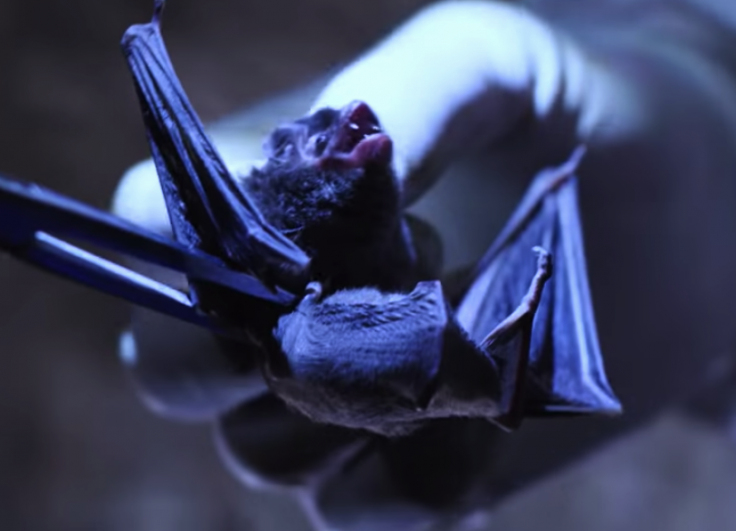The Wuhan Institute of Virology (WIV) is eligible to receive U.S. taxpayer funding to conduct animal research until January 2024, the National Institute of Health said.
The lab that is at the centre of widespread speculation that the deadly coronavirus entered the human population in China following an accidental lab leak. Researchers at the lab were studying bat-based coronaviruses before the outbreak, research that was backed by $600,000 in U.S. taxpayer funds that were routed to the lab through EcoHealth Alliance - a nongovernmental research group that focuses on emerging diseases caused by human and animal interactions.

The president of EcoHealth Alliance, Peter Daszak, was the only American member of the World Health Organization (WHO) delegation that investigated the origins of the COVID-19 pandemic in China in January and this month. While the delegation is yet to release a report on its findings, Daszak said the White House should accept their conclusion that it was "extremely unlikely" the virus could have leaked from the Wuhan lab.
Daszak also slammed U.S. intelligence last week after the State Department raised doubts over the transparency of Beijing's cooperation with the WHO delegation's investigation, as previously reported.
$3.4M NIH Grant to EcoHealth Alliance
In 2014, the U.S. National Institute of Allergy and Infectious Disease, the part of the NIH headed by Dr. Anthony Fauci, awarded a $3.4 million grant to the New York-based EcoHealth Alliance, which aims to research bat-based coronaviruses in china.
The grant was terminated by the NIH in April amid criticism over EcoHealth Alliance's relationship with the WIV. The NIH said in a letter the nonprofit's work in China did not align with "program goals and agency priorities." In July, the NIH told EcoHealth Alliance that it would restore the grant if it met certain conditions, including one that required an "outside team" to "inspect" the Wuhan lab, as reported by the Wall Street Journal.
Wuhan Lab Still Has an Active Animal Welfare Assurance with NIH

The WIV still has an active PHS Approved Animal Welfare Assurance with the NIH Office of Laboratory Animal Welfare, which allows it to continue receiving U.S. taxpayer funds to conducts animal research. The WIV's Foreign Assurance was approved on Jan. 9, 2019, and is set to expire on Jan. 31, 2024. However, it is not yet known whether the Wuhan-based lab is currently receiving U.S. taxpayer funding directly or indirectly for research involving animals.









